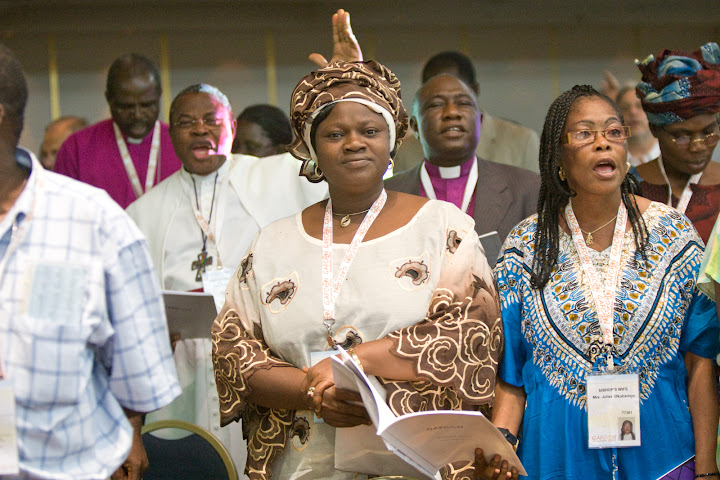"Anglicans lack identity..."According to Ross Cameron, former Federal MP for Parramatta (and one of several devoted Roman Catholic Liberals who came to prominence during John Howard's premiership), "we must assume the Anglican idea is fast reaching its use-by date." Cameron is quite polite in his Op-Ed piece from last Saturday's SMH: "It has, however, been a great innings". Cameron is quite ready to assign Anglicanism as the origin of everything from religious tolerance to scientific discovery. But Cameron is ready to consign Anglicanism, if not to the dustbin of history, then at least the historical retir
"I expect the meetings in Rome have begun an inexorable reabsorption of the Anglican Church into the world's oldest institution. The church created by the charismatic King Henry VIII has found its current archbishop, an undertaker, appearing to see his mission as an orderly burial."
 ement village.
ement village.Which is because of a fundamental error in Cameron's thesis. Cameron's Anglicanism has no identity because hasn't developed since the turmoils of Henry VIII. And this is an error because Anglicanism hasn't been static, and has had significant developments in expression and identity in it's five centuries (which I have previously described here). According to Gerald Bray:
"Most people seem to believe that when Henry VIII broke with Rome in 1534, he invented the Church of England and made himself its head in order to legitimise his divorce from Catherine of Aragon, and that since that time, his successors have all been bound to belong to this somewhat dubious creation, an obligation which is symbolised by the royal title ‘Defender of the Faith’. This is false." - Honi soit qui mal y pense (worth checking out for Bray's analysis on current moves to remove the exclusion of Roman Catholics from Monarchy).
 Cameron's analysis of the early history of the Anglican church is somewhat erroneous. The average Anglican in the 16th and 17th centuries would have strongly aligned themselves to the Protestant cause. And to argue that England sat on the sidelines of the "religious wars" (which according to D.B. Hart had more to do than with the rise of the nation-state against empire and church) is to ignore most historical scholarship in the area for the past 20 years (such as Jonathan Scott).
Cameron's analysis of the early history of the Anglican church is somewhat erroneous. The average Anglican in the 16th and 17th centuries would have strongly aligned themselves to the Protestant cause. And to argue that England sat on the sidelines of the "religious wars" (which according to D.B. Hart had more to do than with the rise of the nation-state against empire and church) is to ignore most historical scholarship in the area for the past 20 years (such as Jonathan Scott).Cameron's Op-Ed is also typical of most detractors of the Anglican Church from the western world. The Anglicanism they see and present is declining in the UK, USA, Canada, Australia and New Zealand. They present it as increasingly irrelevant and being run aground by "fundamentalists". What they neglect is the phenomenal growth Anglicanism has experienced in Africa, Asia and South America. The rise of the Global South has not revitalised Anglicanism, it's the future. Cameron's assertion that Anglicanism is entering her autumn years are greatly exaggerated. Which is why I'm looking forward to the Monday night of CMS Summer School when the President of CMS, Peter Jensen, will be speaking on the role of a mission agency in the Global South.
Photos from the GAFCON website.
1 comment:
In any case, Henry VIII's matter pertained more to the annulment/revocation of an erroneously-granted dispensation rather than divorce.
Post a Comment